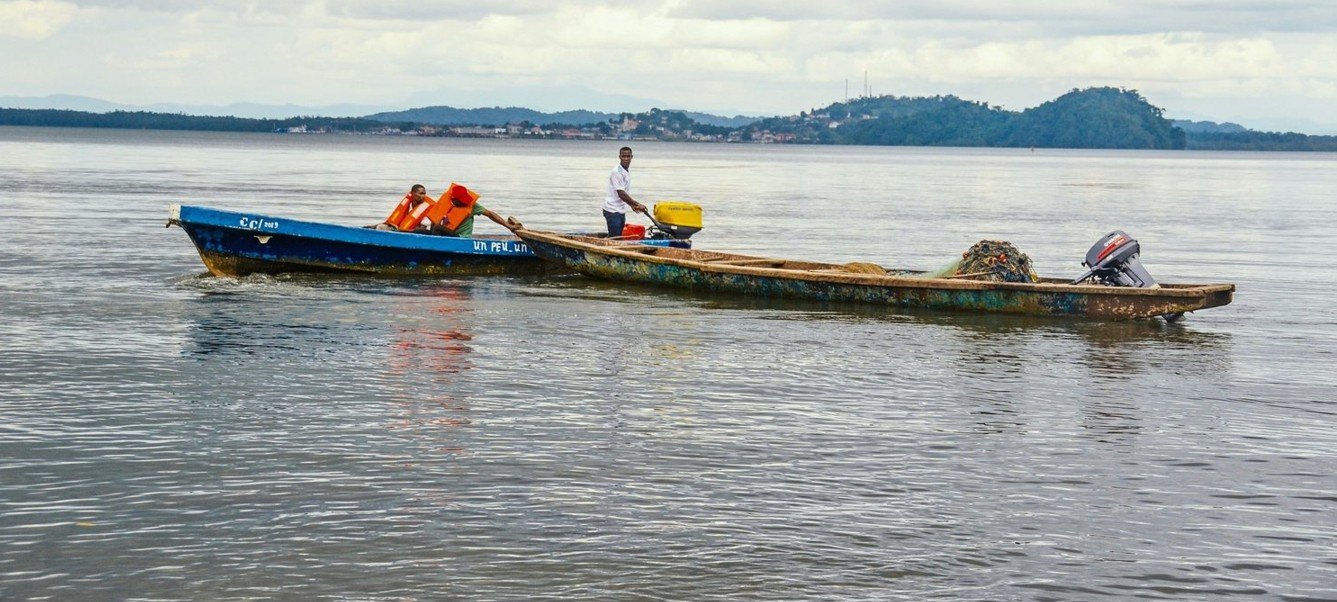
Gabon’s Ministry of the Sea has raised alarm over the overwhelming control of the country’s artisanal fishing sector by foreign nationals, with more than 95% of active fishermen reportedly coming from Nigeria, Benin, and Ghana.
The figures were shared during a day of reflection held on July 14, 2025, aimed at rethinking the economic and regulatory foundations of this critical maritime industry.
The event, convened to develop a more equitable and structured fishing economy, brought together key stakeholders, policymakers, and representatives of local cooperatives.
The discussions revealed growing concern among Gabonese fishermen about their marginal role in a sector that should be contributing significantly to national GDP and food security.
“Today, we are in a phase of economic recovery.
It is essential to revalue all sectors capable of contributing to the national GDP, and artisanal fishing is one of them,” said Yents Kumbe, president of the Equatorial Fishermen’s Cooperative of Gabon.
Participants argued that the current imbalance undermines Gabon’s efforts to assert sovereignty over its natural resources and weakens the country’s economic resilience. The dominance of non-nationals has also been linked to missed opportunities in employment, skill development, and local entrepreneurship within coastal communities.
In response, stakeholders urged the government to implement a gradual nationalisation strategy.
They called for the introduction of a legal framework that prioritises Gabonese participation, alongside targeted investments in training, infrastructure, and equipment for local fishermen.
There was also strong support for financial incentives and credit access to help Gabonese actors build sustainable livelihoods in the industry. The emphasis, many agreed, should be on transforming artisanal fishing into a genuine driver of economic growth and food sovereignty.
As Gabon continues its broader agenda of economic recovery and resource control, the debate surrounding artisanal fishing reflects a wider push for reforms that put local communities at the centre of national development.



